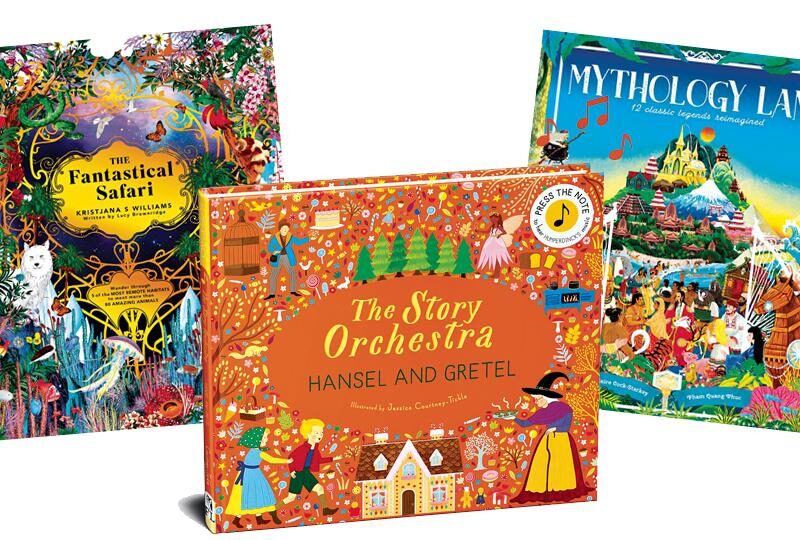You really like me
I’m directing a week of summer camp for teens at the moment (writing this from my cabin actually), and it’s always fascinating for me to see the way that the campers negotiate the first few days of meeting new people and establishing who they are in the limited social setting of a camp.
There are those (especially groups of girls who know each other from previous years) who make a big entry, hugging one another, talking loudly, and generally acting as if they own the place – letting everyone know that they are the cool kids, the experienced kids, the ones at the top of the social order.
Then there are those who carry themselves with practised reserve and detachment, wearing their head phones conspicuously, refusing to participate in anything that feels the slightest bit below their standard of maturity – letting everyone know that they’re too jaded and ironic for anything so childish as summer camp.
There are those arrive quietly, keeping their eye open for the right group to approach and attach themselves to, trying to find where they might fit most advantageously.
There are those who immediately head to the basketball court or strum their guitars or pull out their manga, advertising exactly what sort of people they are – athletes, musicians, geeks.
There are those (especially first time campers) who are too shy even to know what to do or to be, hanging around the fringes, waiting to be told their place by someone else.
I see it every year, and every year my job (and the job of my staff) is to blow all that up, not entirely, but enough so that the campers can start to see each other as more than the images that they’re so determined to project. My job is to help them see each other as people first, so that they can begin to develop friendships with each other despite the social differences that are so important to them and that initially seem to keep them apart.
We put them in cabin groups, then rearrange them into gopher groups to help with dishes, then rearrange them into teams to do activities, then gather them into a whole group for camp-wide events, and all the way along we encourage them to be as involved with each other as they can be. We don’t discourage them from the things that make them unique, but we also don’t allow them ever to make those things the basis for the groups they participate in for work and play.
The result, in almost every case, every year, is that they make friendships with people who they wouldn’t even have spoken to on the first day, and hopefully they go home having seen that the things that make them unique shouldn’t prevent them from making friends with people who are different.





